How The Made Whole Doctrine Affects You
Are you being preyed upon?
Insurance companies count on vehicle owners not knowing about the law, specifically the made whole doctrine. They use the lack of knowledge by the layman to prey on accident victims for profit. Right now, many of the accident victims that are reading this article are being further victimized by their own insurance company, and many times the adjusters that are doing the victimizing have been indoctrinated to believe they are doing the right thing and that they are within the law.
Let me be very clear here: Insurance companies routinely steal money from their own customers through improper and illegal subrogation activities.
Made Whole Doctrine and Subrogation: Behind The Scenes
As the former recovery manager for multiple multi-million dollar insurance companies, I know first hand exactly what is going on behind the scenes and on the front lines of the adjusting staff. The long and short of it is that insurance company adjusters are told what to do, and if they do not comply, they are called insubordinate and they get fired or forced out.
This power over their salary makes it pretty hard for an ethical person to be a company employed insurance adjuster. Even “independent adjusters” are generally not independent in the sense a normal person would think of it. Independents have clients, and guess what: their clients are insurance companies. If the independent doesn’t adjust claims the way the company likes them to, they lose the contract / client.
Do not be fooled. Most insurance adjusters work for insurance companies and make a living by doing what they are told and not getting fired from their job, period.
What is the Made Whole Doctrine?
Made Whole Doctrine is the common law doctrine in equity (fairness) that says the victim of damages must recover all their damages before their own insurance company can attempt to recover payments made to the victim under their insurance policy (from the at-fault party or insurance company).
Let me state that again in a different way in case you didn’t catch it:
If you were not at fault in an auto accident, and instead of getting paid by the at fault person’s insurance company, you went to your own insurance company, then your insurance company has a right of subrogation (recovery) against the other person and their insurance company, BUT ONLY if your insurance company paid you for ALL of your damages.
This is where diminished value is causing a big problem for subrogation professionals. Because YOUR insurance policy (in 80% of the US) will not pay you for inherent diminished value, when you make a claim under your own policy for repairs to your car, you are never MADE WHOLE by the insurance payment from your carrier because they will not pay you for the lost market value your vehicle sustained due to having the accident history.
Cars that are wrecked and repaired are less desirable (thus less valuable), everybody knows that (why would Carfax exist if this were not true). Because you have not been made whole, your insurance company is not supposed to attempt recovery of their payments made to you until you have resolved your losses.
YOU are the victim, not the insurance company.
Don’t you pay good money to be covered?
Unfortunately, the vast majority of insurance carriers do not train their subrogation employees about the made whole doctrine. In fact, they purposely omit mentioning it.
Instead, they tell the subrogation team to HURRY UP and make the subrogation claim against the at-fault carrier so they can get their money back, and they do this without regard to whether or not the VICTIM (YOU) has been made whole for their losses.
If the at fault person does not have enough insurance coverage to pay both your insurance company’s subrogation claim AND your diminished value, then if your insurance company gets the at-fault company to pay them first, you will be left making a claim against a policy that has no money left to pay out and you will quickly get a letter that says, “Sorry, there is no more money left on this policy.”.
If this happens to you, then your only recourse is to fight with your own carrier and let them know you KNOW they violated the made whole doctrine. If they refuse to make it right, I would suggest contacting a bad faith attorney.
An insurance company that violates the made whole doctrine is exhibiting the definition of bad faith. That is: placing their own economic interest before the economic interest of their customer (the victim).
To quote an impressive guy, “There arrives that moment at which soft speaking should be abandoned and a fight to the end undertaken.” (Dwight D. Eisenhower)
If you have been a victim of unfair subrogation practices and have not been able to recover all your damages because of it, I say the time for soft speaking is over.
Take a stand and seek out help to let the Goliath’s know that there are still Davey’s around.
Want to talk to an expert about YOUR diminished value claim?
Disclaimer: Although there are some exceptions to the made whole rule, they are rare, and in the vast majority of states, the made whole doctrine applies in some shape or form.
If you are not sure whether the made whole doctrine applies to your case, call us and we will put you in touch with an attorney that can explain it or provide you with material about the law in your state that you can read.
We are not attorneys and this article is for educational purposes only and should not be construed as legal advice in any way. Legal advice comes from attorneys.
Want to talk about your claim?
Fill out the form below and talk to an expert for FREE!

